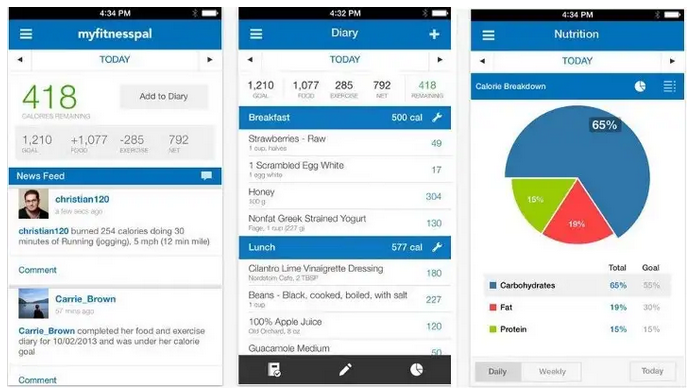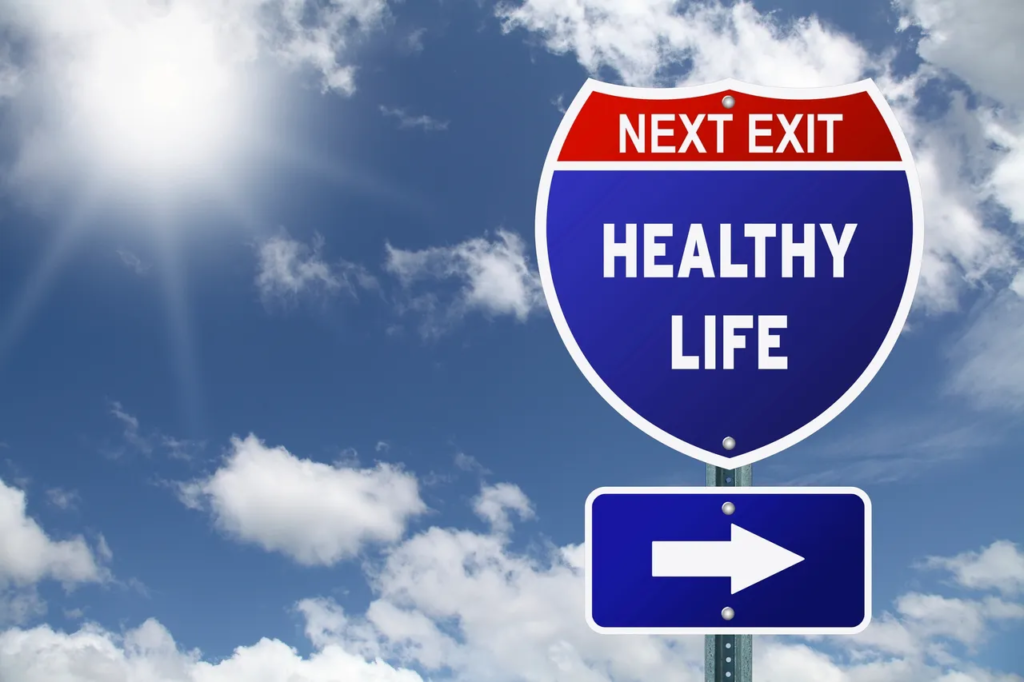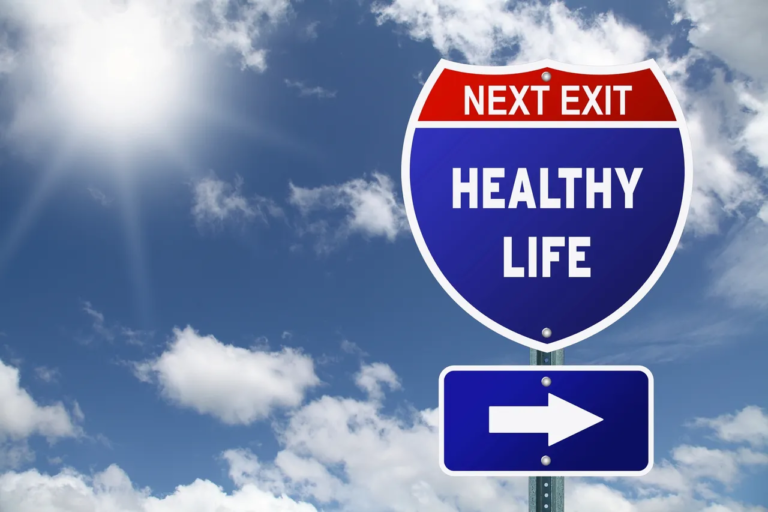The Ultimate Weight Loss Guide for the Masters Cyclist
Cycling is a great way to lose weight for masters cyclists. Not only does it burn a lot of calories, but it’s also low-impact and easy on your body. According to the CDC, a masters cyclist can burn between 295 and 590 calories an hour riding a bike at moderate speed. When it comes to weight loss, cyclists have an advantage over many other athletes. The nature of cycling – a low-impact, endurance-based activity – means that it is possible to lose weight without putting undue strain on your body.
However, weight loss for cyclists – especially masters cyclists – can be a challenge. There are a lot of factors to consider, from nutrition and sleep to motivation and tracking progress.
In, this ultimate weight Loss guide for the masters cyclist, I will explore some of the key considerations for beginner cyclists who are looking to lose weight. I will cover everything from setting realistic goals to maintaining weight loss in the long term. By the end, you should have a better understanding of how to approach weight loss as a masters cyclist.

Setting Realistic Weight Loss Goals
First, is important to set realistic goals. If you are a masters cyclist, you may not be able to lose as much weight as you would like to in a short period of time. It is important to remember that losing weight takes time and patience. You should aim to lose between 1 and 2 lbs a week. Finally, avoid Crash diets or fad diets. They are often ineffective and can actually lead to weight gain.
If you are dedicated to losing weight, you will see results over time. Be patient and focus on making small changes that you can sustain for the long term.
The Importance of Nutrition in Weight Loss for Masters Cyclists
As a masters cyclist, one of the most important things you can do to lose weight is to focus on your nutrition. What you eat and drink plays a big role in how much weight you can lose, and how quickly you can lose it.
There are a few things to keep in mind when trying to lose weight through cycling and nutrition. First, it is important to eat enough calories. If you are not eating enough calories, your body will not have the energy it needs to ride, and you will not be able to ride as far or as fast as you may want to. Second, you need to make sure that the majority of the calories you are eating are coming from healthy sources. Think of it like you’re fueling a race car. You wouldn’t put cheap gas into your race car so you shouldn’t put cheap food into your body. Eating processed foods or too many simple carbohydrates will lead to weight gain, not weight loss. Sorry, McDonalds.
Finally, it is important to drink plenty of water. Cycling is dehydrating, and if you are not properly hydrated, you will not be able to ride. Drinking plenty of water will also help your body to better process the food you are eating and absorb all of the nutrients.
By following these tips, you can make sure that your nutrition is working for you and not against you in your quest to lose weight through cycling.
Training Basics for the Masters Cyclist
As a masters cyclist, you need to focus on building up your aerobic base. This means doing long rides at a moderate pace. These rides will help increase your endurance and build up the muscles you need for cycling.
To start, you should aim to do at least two or three rides per week. Each ride should be at least 30 minutes long. As you get more experienced, you can start to increase the length and intensity of your rides and add higher-intensity intervals.
Running a Calorie Deficit – Pulling it all Together
So, the way you pull this all together is by running a calorie deficit. A calorie deficit occurs when you burn more calories than you consume. This is achieved through a combination of diet and riding your bike. The ideal deficit seems to be around 500 calories per day.

I use an App called MyFitnessPal to keep track of what I’ve eaten and how much I’ve exercised during the day. You can also use the App to track your weight over time.
Staying Motivated as a Masters Cyclist
As a masters cyclist, it can be easy to become discouraged when you don’t see results immediately. However, it is important to stay motivated and keep track of your progress in order to see the results you want. Here are a few tips to help you stay on track:
1. Set realistic goals. It’s important to set goals that are achievable so that you don’t get discouraged along the way. Focus on losing 1 – 2 pounds a week.
2. SIgn up for Strava. This App will help you track your progress and see how far you’ve come.

3. Find a riding buddy or club. Having people to ride with can make cycling more enjoyable and help keep you accountable. You might even want to start your own cycling club. Learn how by clicking here to read my previous post on How to Start your own Cycling Club.
4. Reward yourself for milestones. Celebrate your successes, no matter how small, to help keep yourself motivated.
5. Don’t be too hard on yourself. Remember that everyone progresses at different rates and focus on the positive rather than dwelling on any setbacks.
The Importance of Sleep and Stress Management
Sleep and stress management are important factors in weight loss for the beginner cyclist. When starting a new cycling routine, it is common to experience increased levels of stress. This can lead to difficulty sleeping, which can then have an impact on weight loss. Getting enough sleep and managing stress levels can help to ensure that weight loss goals are met.
Remember that everyone progresses at different rates when trying to lose weight. focus on the positive and celebrate milestones along the way. By following these tips, you can make sure that sleep and stress don’t stand in the way of reaching your cycling weight-loss goals.
How to Measure Progress and Track Results
There are a few different ways that beginner cyclists can measure and track their progress while trying to lose weight. My recommendation is to use the Strava App and connect it to the MyFitnessPal App.
Using these tools will allow you to easily track your cycling, diet and weight to help you achieve your goals.
Overcoming Plateaus and Setbacks
Once you have started to lose weight, you may find that you hit a plateau. This is normal and there are a few things that you can do to overcome it.
First, take a look at your diet and make sure that you are still eating the right foods and getting enough calories. If you need to, adjust your diet accordingly. It is also important to make sure that you are staying hydrated. Dehydration can often lead to weight gain, so make sure to drink plenty of water throughout the day.
If you find that your weight loss has stalled, it is important to increase your activity level. This may mean adding more miles to your rides or increasing the intensity of them. By doing this, you will continue to see results.
It is also important to keep in mind that everyone progresses at different rates. Some people may lose weight quickly while others may take longer. As long as you are seeing progress, even if it is slow, you are on the right track.
Setbacks are bound to happen, but it is important not to let them get in the way of your goals. If you have a bad day or week, don’t give up. Just get back on track and continue working towards your goals. Remember that progress is not always linear and there will be ups and downs along the way.
Maintaining Weight Loss and Living a Healthy Lifestyle

In order to maintain your weight loss, it is essential to live a healthy lifestyle. This means eating a healthy diet and riding regularly. You should also make sure to get enough sleep and manage stress levels. By following these tips, you can help ensure that you keep the weight off for good.
Please leave a comment and share your secrets on losing weight through cycling. Please don’t be shy, everyone!!!
Some Frequently asked Questions
Will I lose weight if I start cycling? Weight loss depends on several factors, including your starting weight, your cycling intensity and duration, your diet, and your overall lifestyle.
How long after you start cycling do you lose weight? The timeline for weight loss after starting cycling can vary from person to person and depends on several factors, including your starting weight, your cycling intensity and duration, your diet, and your overall lifestyle.
How long does it take to lose 20 pounds by cycling? In general, to lose one pound of weight, you need to burn approximately 3,500 calories more than you consume. Therefore, to lose 20 pounds, you would need to create a calorie deficit of around 70,000 calories.
How much weight can you lose in a month by cycling? The amount of weight you can lose in a month by cycling depends on several factors, including your starting weight, your cycling intensity and duration, your diet, and your overall lifestyle. In general, a safe and healthy rate of weight loss is around 1-2 pounds per week.
John







2 Comments